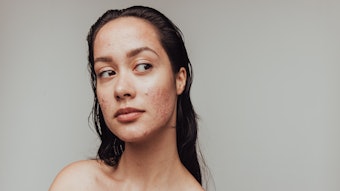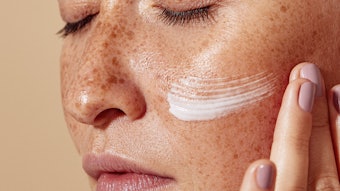Older Americans taking shots of human growth hormone in an effort to turn back the clock will likely be disappointed.
As an anti-aging treatment, the hormones appear to offer few benefits but significant health risks, a review of the research finds.
Stanford University researchers came to this conclusion after analyzing 31 studies that included a total of more than 500 relatively healthy elderly people.
The only clearly positive effect found from taking the hormones was a slight improvement in lean body mass.
On the negative side, participants who took human growth hormones were significantly more likely to develop joint swelling and pain, and carpal tunnel syndrome.
There was also a suggestion of an increased risk of diabetes and prediabetes, but that association did not reach statistical significance.
Authors of the review say better studies are needed to understand the risks and benefits of human growth hormone as an anti-aging treatment.
But they say studies do not support the use of human growth hormones for this reason.
"If the benefits truly are minimal, and the risks are not, this is not a therapy that should be used for anti-aging purposes," Hau Liu, MD, MBA, MPH tells WebMD.
Use Growing Among Elderly
Growth hormone is naturally produced in the pituitary gland at the base of the brain, but its levels decline with age.
Promoters of synthetic growth hormone as an anti-aging treatment claim the hormones can do everything from firm sagging skin to boost a sagging libido.
According to government figures, between 25,000 and 30,000 Americans used growth hormones for aging purposes in 2004. That is a tenfold increase in about a decade, Thomas T. Perls, MD, tells WebMD.
Costly Treatment
"The cost of this treatment can be $12,000 a year or more, but even if you take the cost out of the equation, there is still a huge potential for causing harm," Perls says. "The people promoting this stuff have absolutely no idea what the long-term health effects are."
Because human growth hormone has not been approved for use as an anti-aging treatment by federal regulators, Perls argues that doctors who prescribe it for this purpose are breaking the law.
He first made that charge in a report published in The Journal of the American Medical Association in late 2005.
Perls' report prompted Liu and colleagues to conduct their review of the research on human growth hormone as an antiaging treatment.
No Fountain of Youth
The researchers limited their review to randomized, controlled clinical trials that included relatively healthy elderly people.
The participants used growth hormone for an average of about six months.
While growth hormone did appear to increase lean muscle mass and reduce body fat by an average of just over 4 pounds, it did not appear to have an effect on other measures of fitness, including bone density, cholesterol and lipid levels.
"From our review, there's not data to suggest that growth hormone prolongs life, and none of the studies make that claim," Liu says.
Liu tells WebMD he was surprised to find so little research has been done on the use of growth hormones in the elderly population—especially since so many claims have been made about the treatment's benefits.
But he says he understands why people believe the hype.
"Elderly people today are very health conscious and they are trying to do all they can to take care of themselves," Liu says. "But our conclusion is that growth hormone does not represent a magic bullet or the fountain of youth."
By Salynn Boyles, WebMD Medical News, January 16, 2007










